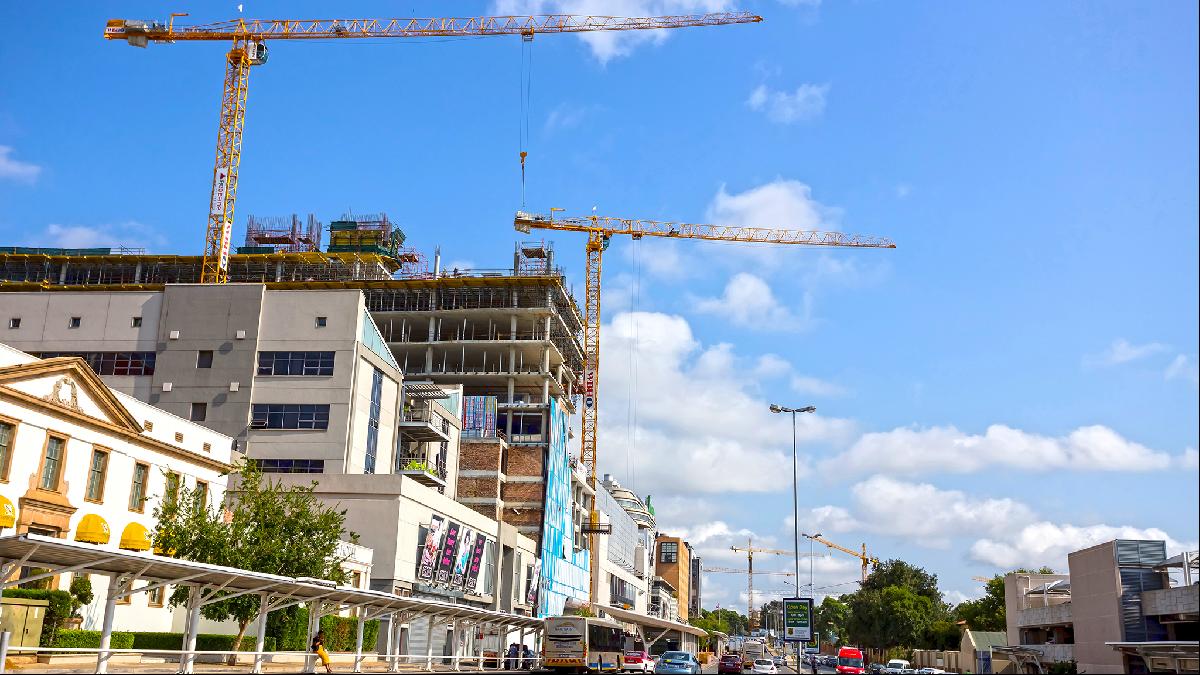Cyril Ramaphosa hailed a “new era” for South Africa when he was sworn in as president after May’s general election. In Johannesburg, the country’s largest and most populous city, it is hoped he can restore stability to a country blighted by corruption and inefficiency. But what will Ramaphosa’s presidency mean for the city’s property market?
In theory, the city has a lot going for it. “Jo’burg is very much the commercial hub of South Africa,” says Richard Smith, an area manager at Pam Golding Properties, estate agent Savills’ associate in South Africa. “If you are coming for a big corporate job, this is where you will come.”
According to the local government website, the city is home to 74 per cent of South Africa’s corporate headquarters and generates 16 per cent of the country’s economic output.
The housing market, however, is less eye-catching: prices rose 3 per cent last year, real estate services company CBRE has reported. This took the average price to just over R3m ($200,000), which is less than half the R8m figure for Cape Town, where values increased 8.7 per cent over the same period.
Growth has also slowed, notably in high-end areas such as Randburg and Midland, where values increased 0.4 per cent and 2 per cent respectively last year despite the areas’ proximity to the city centre. In Sandton, a prestigious neighbourhood popular with expats, prices fell 1.7 per cent in 2018, with prices now averaging around R3m. City-wide, the first quarter of 2019 saw price growth decelerate for the 13th consecutive quarter.
Still, there is optimism, says Andrew Golding, chief executive of Pam Golding Properties. “The generally market-friendly result will in all likelihood create a degree of certainty and go some way towards addressing the issues currently affecting confidence in the South African economy — and as a consequence have a positive effect on the South African residential property market,” he says.
The market will not pick up immediately, however, predicts Smith. “There are not huge numbers of investment buyers around, as rental returns are down, but there has been a push by developers to deliver housing at different price levels, which creates an oversupply of stock,” he says.

Oversupply extends to the top end of the market. Because of this, “virtually all properties” in areas where average prices exceed R3.6m have sold for less than the initial asking price so far in 2019, according to the FNB Residential Property Barometer. The difference between asking and selling prices in the second quarter of 2019 was 9.9 per cent.
Until the economy improves, that pattern is likely to persist. What Johannesburg really needs, says Smith, is investment. “To revive interest, we need political stability, growth, lower unemployment and a return of business confidence. In other words, we need to improve the feelgood factor.”
With Ramaphosa in for a five-year term, agents’ outlook for the next quarter has shifted from neutral to “general optimism”, according to the FNB report.
But any uptick in prices will take time to materialise, Smith predicts. “We’ve probably got another six months to a year before prices rebound. If we can see positive stuff coming through from the government, in terms of encouraging growth and rescuing state-owned enterprises, that will send out a positive message,” he says.
Source: propertylistings.ft





vramrl